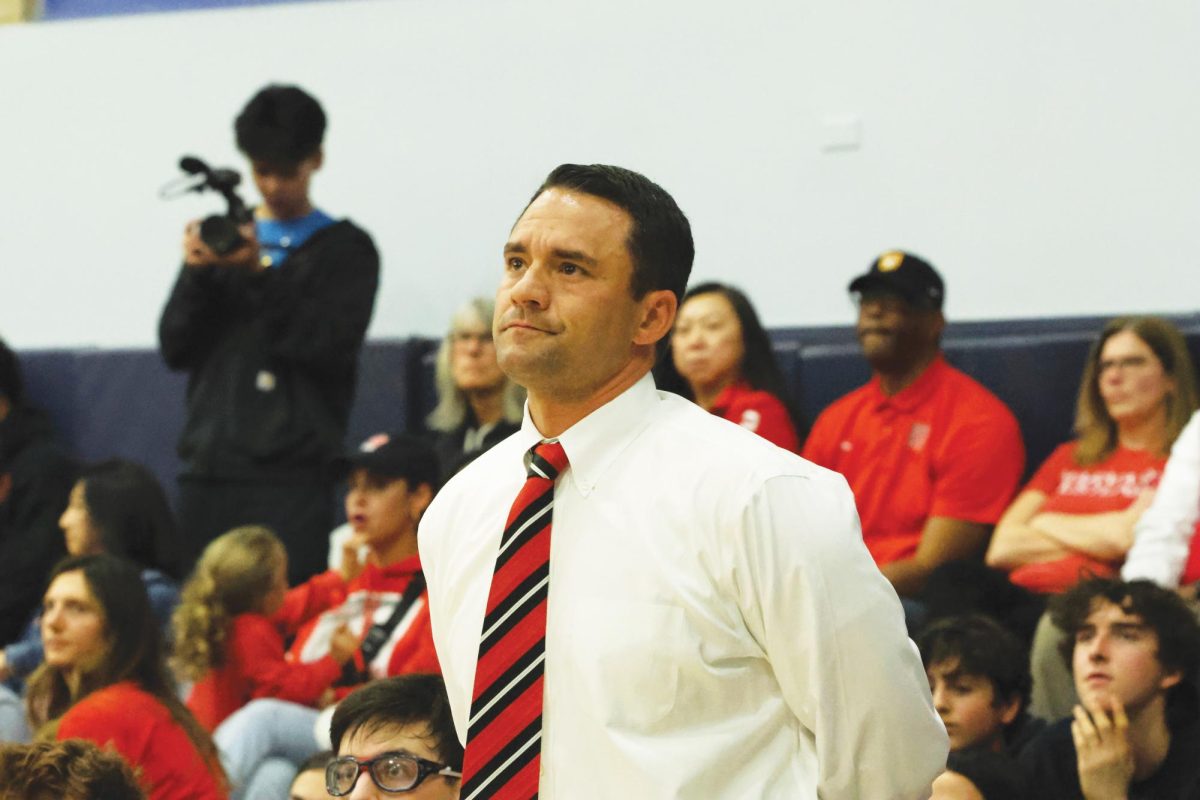By Camille de Ry
Winner of the Junior Summer Fellowship award, Jordan Freisleben ’11, left L’Aquila, Italy in June with the devastation of an earthquake pulling at her heart’s strings.
More than a year and a half after a 6.3 Richter scale earthquake hit the small town of l’Aquila in the region of Abruzzo, Freisleben found it still in shambles, filled with rubble, debris and with little to no building efforts made since the earthquake. Tens of thousands were still left homeless and the majority of the city was closed off, Freisleben said.
Every year the school rewards one student a grant to travel to a destination of his or her liking to explore a topic of choice.
Freisleben, who was interviewing residents to create an investigative report on the aftermath of the quake, stayed in a small hotel in l’Aquila. She was the only tourist staying in the 50 room hotel. The others were displaced residents whose stay was subsidized by the government. Arriving with her camera, laptop and suitcases, Freisleben barely had enough space in the tiny little room for herself and her stuff, she said.
“Can you imagine the displaced residents living there? With a family? It was heartbreaking,” Freisleben said.
The historic center of the town was demolished. Only one street remains open. The heart of the center, the main plaza in the historic part of the town is partially closed off, Freisleben said.
Freisleben interviewed several Italians who were affected by the earthquake. Some were left without a home and living in small pensiones, which are small hotels. Her subjects varied from local officials to university students.
One of Freisleben’s subjects was a journalist who was a student when the earthquake hit. She was left with no personal belongings; she was forced to leave everything behind, running out of her home at 3 a.m. wearing pajamas.
Freisleben interviewed a 17-year-old student whose house was demolished in the earthquake. No one has made an effort to help give him a home, and Freisleben met him while he was protesting local officials by himself.
Another compelling interview was with another young Italian subject who is a victim’s advocate. This organization is against the government’s lack of help and action in Abruzzo; they take in displaced residents in order to advocate on behalf of the people to work towards getting people housing instead of waiting around for the government who has neglected to help. Dissatisfaction among the people of l’Aquila is universal, Freisleben said.
Freisleben explained that the government’s lack of response in l’Aquila is due to the lack of initiative to rebuild the city. With little tourism and no historic structures that receive money from tourism, l’Aquila is not a priority in the government’s eyes, she said.
“Italy is not a third world country, so you would think the disaster could be handled in a smaller amount of time,” Freisleben said.
Compared to other parts of Italy, Abruzzo is regarded as one of the poorer regions of Italy simply because it doesn’t garner tourism. One of Freisleben’s interviews revealed that Italians do not believe that they can count on other countries for aid when their own country will not help victims and rebuilding.
People were living in tents for months after the earthquake and there was inefficiency in housing.
“The main question became to find a united effective way to overcome the aftermath,” Freisleben said.
If this were Florence, the situation wouldn’t be like this – l’Aquila isn’t known at the international level, people pushed it aside, said one of her interviewees.
“Even Italians say, ‘Where is l’Aquila?’ because they forgot it ever happened,” Freisleben said.
Freisleben said many residents suffered from post traumatic stress disorder because of the devastation.
“Older and middle aged people have worked their entire lives and lost everything with no way to recover it,” she said, “They feel anger and frustration as they continue to be ignored by the media. A year and a half has gone by and the region continues to look as it did on the day of the earthquake. People aren’t sleeping, some are sleeping fully clothed with fear they’ll have to get up and evacuate.”
Leaving the small town, Freisleben said she felt a lot of guilt. She said she had acheived her goals; however, leaving a town in shambles with crushed buildings, crushed schools, no culture, no economy, to return to a beautiful school, an undamaged home, a personal room, left her upset.
“People have lost everything – their home and families – I’m coming back to my family and my home without any problems,” Freisleben said.
What she called the most culturally enriching experience in her life left her wanting more. Freisleben wants to go back to Italy as soon as possible. With arguably no money to rebuild, Aquilani say it’s a political problem that plagues l’Aquila. Freisleben plans to advocate political awareness and continue her efforts to help the devastated town that touched her heart forever.





































